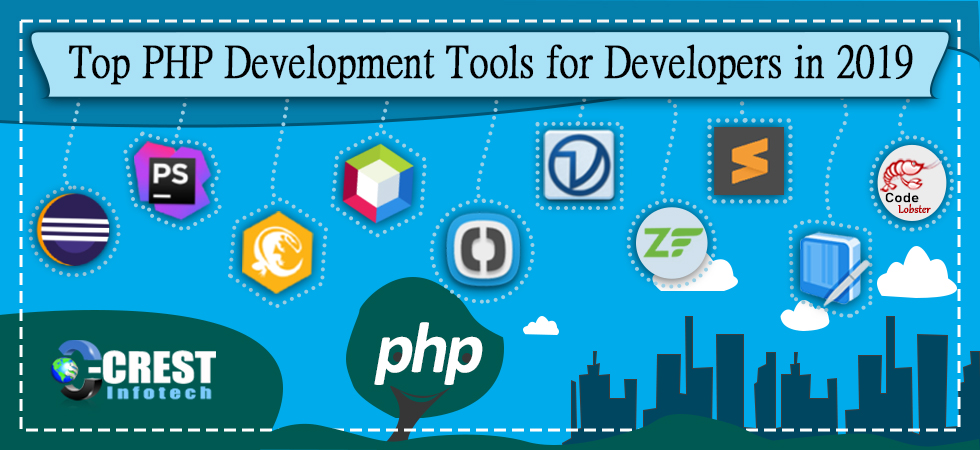BJ255 Insights
Exploring the latest trends and news in various fields.
PHP: Where Syntax Meets Sorcery
Unlock the magic of PHP! Discover powerful techniques to transform your code from mundane to mesmerizing. Join the journey today!
Understanding PHP Syntax: A Beginner's Guide
PHP, or Hypertext Preprocessor, is a popular server-side scripting language designed for web development. It is essential for beginners to understand the basic PHP syntax to effectively write and debug their code. PHP syntax consists of a combination of keywords, variables, operators, and more. The basic syntax structure of PHP includes the tag. To help new developers grasp the concept, we encourage them to visit PHP’s official documentation, which provides comprehensive information on syntax and structure.
One of the fundamental aspects of PHP syntax is the use of variables, which are denoted by a dollar sign ($) followed by the variable name. For example, $myVariable = 'Hello, World!'; is a valid PHP statement. Understanding data types is also crucial; PHP supports several types, including integers, floats, strings, and arrays. To see more examples and get a better grasp of how PHP works, you can explore W3Schools PHP Syntax Tutorial. This hands-on resource offers a practical approach for beginners to practice coding in PHP, solidifying their understanding of PHP syntax.

Common PHP Mistakes and How to Avoid Them
When working with PHP, developers often encounter a variety of common mistakes that can lead to bugs, security vulnerabilities, and performance issues. One prevalent mistake is failing to validate user input, which can result in security threats like SQL injection. To prevent this, always use prepared statements with the mysqli or PDO extension for database interactions. Additionally, be careful with error handling; using die() or exit() without a proper understanding can cause unwanted script termination. For better practices, consider using exceptions to handle errors effectively.
Another common oversight in PHP is neglecting to use array functions effectively, which can lead to inefficient code. Instead of manually looping through arrays, make use of built-in functions like array_map(), array_filter(), and array_reduce() for cleaner and more efficient data manipulation. Also, it's crucial to keep track of your PHP versions as deprecated functions can lead to compatibility issues. Reference the PHP Migration Guide to stay updated with changes and improvements. By avoiding these pitfalls and following best coding practices, you can enhance the security and performance of your PHP applications.
How to Harness PHP Magic for Dynamic Web Development
PHP magic can greatly enhance the efficiency of dynamic web development, allowing developers to create interactive and responsive websites. By leveraging object-oriented programming in PHP, you can utilize magic methods such as __construct(), __destruct(), and __get() to streamline your code. These methods are integral to managing object states and properties effectively. Furthermore, integrating PHP forms with magic techniques can enhance user input validation, ensuring that your web applications respond smoothly to user interactions.
Additionally, you can take advantage of the power of PHP frameworks like Laravel or Symfony, which incorporate magic methods to simplify complex tasks. Frameworks like Laravel allow you to use magic properties for database interactions and authentication, significantly reducing development time. By implementing these tools, developers can ensure their web applications are not only dynamic but also maintainable in the long run, providing a superior user experience and optimizing SEO performance.